Differences between President Trump and South African President Cyril Ramaphosa erupted Wednesday afternoon in a tense exchange in the Oval Office, when Mr. Trump confronted him about whether White genocide is taking place in South Africa.
Mr. Trump and Ramaphosa met for a critical conversation, with South African-born billionaire Elon Musk in the room, amid tensions between the United States and South Africa following the acceptance of 59 White Afrikaners as refugees last week.
At one point during the meeting, Ramaphosa took a question aimed at Mr. Trump about what it would take to persuade him that white genocide does not exist in South Africa.
“It will take President Trump listening to the voices of South Africans, some of whom are his good friends, like those who are here,” said Ramaphosa, who accompanied South African golfers Ernie Els and Retief Goosen, as well as billionaire businessman Johann Rupert, to the White House. “When we talk at a quiet table, President Trump will listen to us. I will not repeat what I have said.
Mr. Trump responded that there are “thousands of stories” and “documentaries” about the situation in South Africa, before instructing his staff to dim the lights in the Oval Office and show a video to everyone in the room about allegations of violence against White South Africans.
The president stated that the white crosses seen in the video represented the burial sites of White farmers. In fact, they were part of a protest that was filmed near Normandien, South Africa, on September 5, 2020, following the murder of Glen and Vida Rafferty, a white farming couple. Participants stated that the demonstration aimed to bring attention to all farm murders in the region, not just those involving white farmers. Elon Musk had previously posted the same video on X on March 8 and May 13, claiming that the crosses represented White farmers.
The video also shows a crowd at a rally being led in a chant against white farmers. Following the conclusion of the video, Mr. Trump and Ramaphosa exchanged views on the situation.
Ramaphosa stated that he had not seen the videos played by the president’s staff and that they did not represent government policy. He stated that he and his party are “completely opposed” to the language used in the footage.
“We have dead white people, mostly white farmers,” Mr. Trump stated.
Others in Ramaphosa’s delegation told Mr. Trump that the issue is not white genocide in South Africa, but rather crime in general, which affects South Africans of all demographics. Ramaphosa, too, pushed back.
“There is criminality in our country,” he informed me. “Unfortunately, people who are killed as a result of criminal activity are not all white. “The majority of them are black people.”
The Trump-Ramaphosa meeting, during which reporters were allowed in the room for more than an hour, is yet another example of the US president inviting the media to witness and broadcast heated exchanges with other world leaders rather than keeping those discussions behind closed doors.
Mr. Trump has repeatedly claimed that white farmers in South Africa have been victims of “genocide” — an allegation that South Africa and Ramaphosa have denied — and that South Africa is “out of control,” echoing Musk. During the meeting on Wednesday, Mr. Trump stated that “Elon wanted” the Afrikaners to be allowed into the United States as refugees. Musk did not say anything during the meeting with reporters in the Oval Office.
The start of the Oval Office meeting was smoother. Mr. Trump called it a “great honor” to be with South Africa’s president, who, he said, “is certainly in some circles, really respected; in other circles, a little bit less respected, like all of us, in fairness.”
“We are essentially here to reset the relationship between the United States and South Africa,” Ramaphosa said during his opening remarks.
When asked by a reporter why the government allows White Afrikaners into the United States while denying entry to other refugees, the president began by criticizing the news outlet that asked the question.
“We’ve had tremendous complaints about Africa, about other countries too, from people,” Mr. Trump explained. “They said there’s a lot of very bad things going on in Africa, and that’s what we’re going to be discussing today.”
“We have many people who feel they are being persecuted,” Mr. Trump said.
Afrikaners are White South Africans with Dutch ancestry who have lived in South Africa for four centuries. In addition to English, Afrikaners speak Afrikaans, a language with roots in Dutch and one of South Africa’s 12 official languages.
The expedited process for the Afrikaners comes as the Trump administration works to suspend the refugee admissions program, which has sparked multiple court challenges.
During a tense budget hearing on Capitol Hill Tuesday, Democratic Sen. Tim Kaine of Virginia asked Secretary of State Marco Rubio if Afrikaners are more persecuted than Uyghurs or Rohingyas, dissidents in Cuba, Venezuela, or Nicaragua, or those who would be threatened by the Taliban if they returned to Afghanistan.
Kaine suggested that the Trump administration favors Afrikaners because of their skin color and asked Rubio why the United States should prioritize Afrikaners. Rubio described the Afrikaners as a “small subset.”
“It’s a new issue,” Rubio explained. “And the president recognized it as a problem and sought to use it as an example. But that’s not the same as having refugee programs that were essentially spending money to house and accommodate people, and it was acting as a magnet.”
“Let me challenge you, and I’m just going to say for the public, if you want to understand about the quote, persecution, of Afrikaner farmers, go look at the composition of the South African government,” replied Senator Kaine. “A government of national unity has existed since July 2024. And the governing coalition includes the current opposition party, the ANC, the Afrikaner Party, and the Democracy Alliance. They joined the governing coalition a year ago, and the leader of that party was given the responsibilities of Agriculture Minister Jan Steenhuisen, and he is now the leader of the former Afrikaner party, which still broadly represents Afrikaners. He is currently the Minister of Agriculture in South Africa. I assert that the claim that Afrikaner farmers are being persecuted is completely false.”





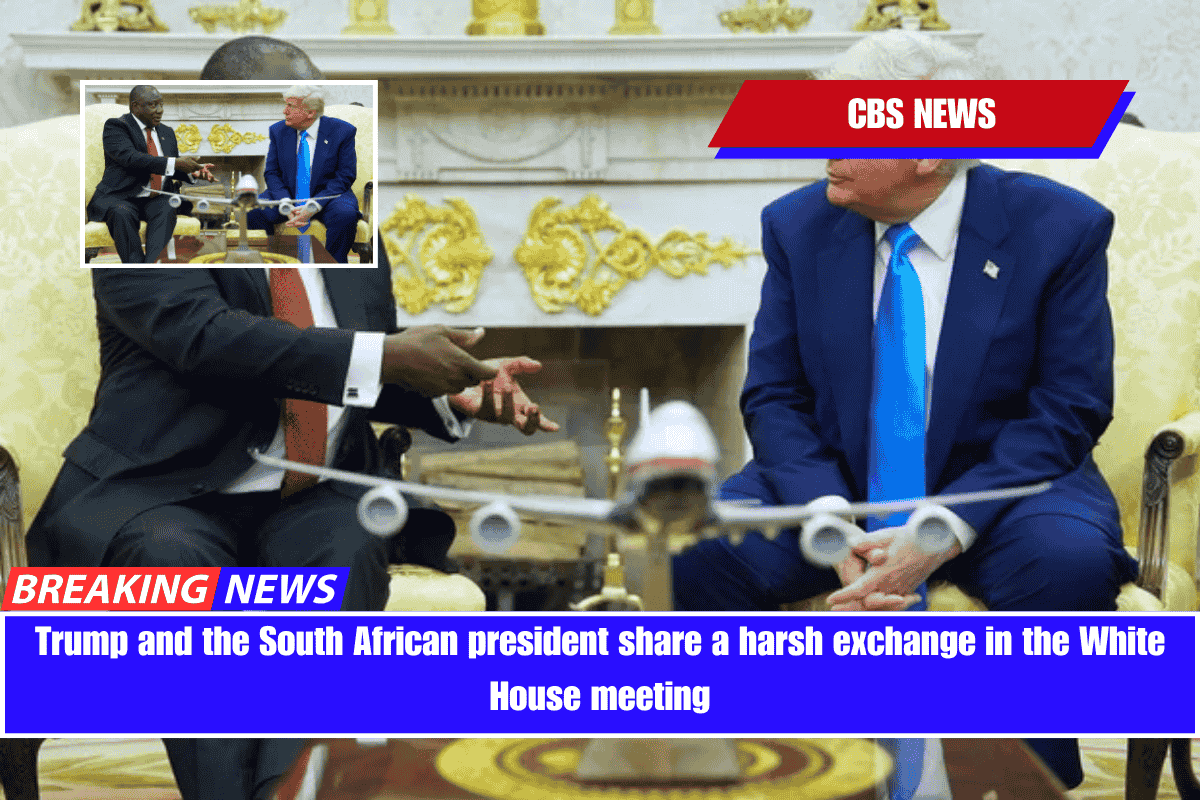

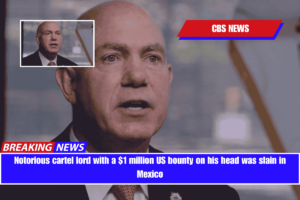

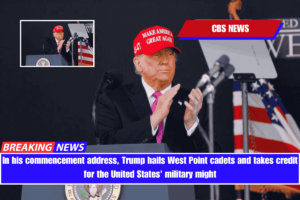




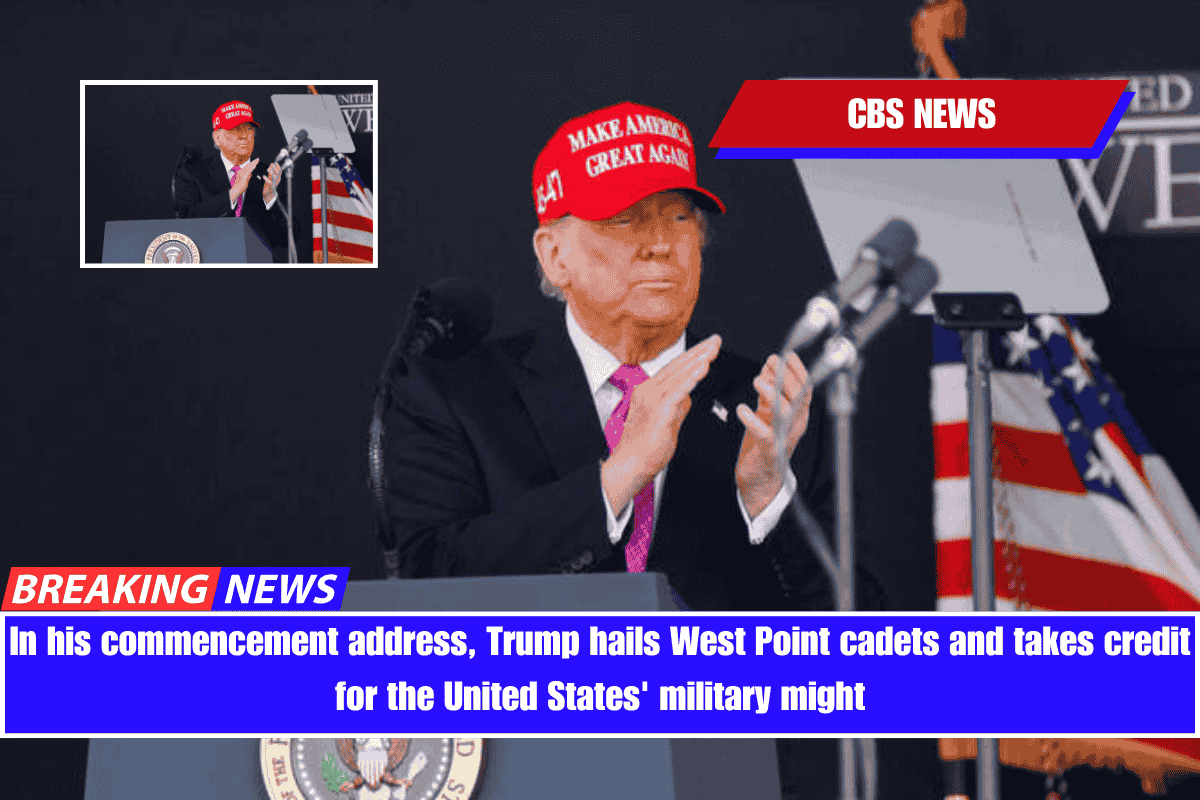
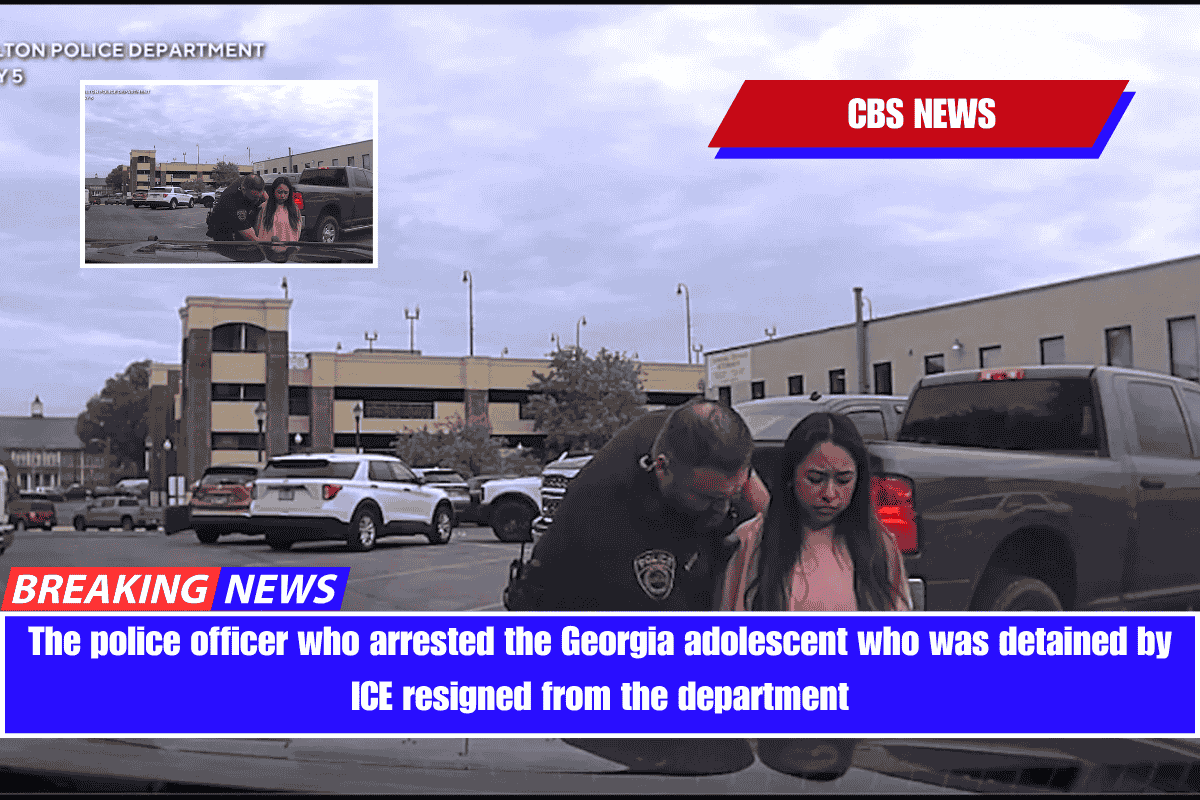

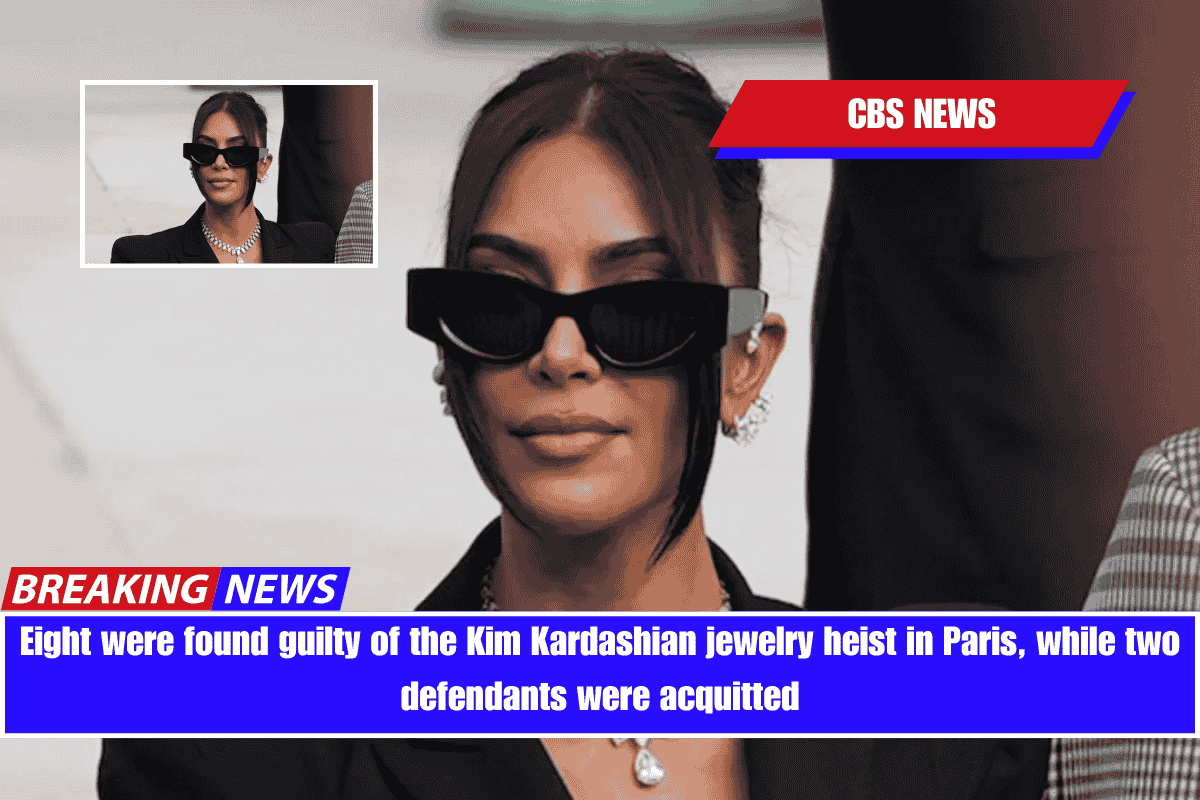
Leave a Reply